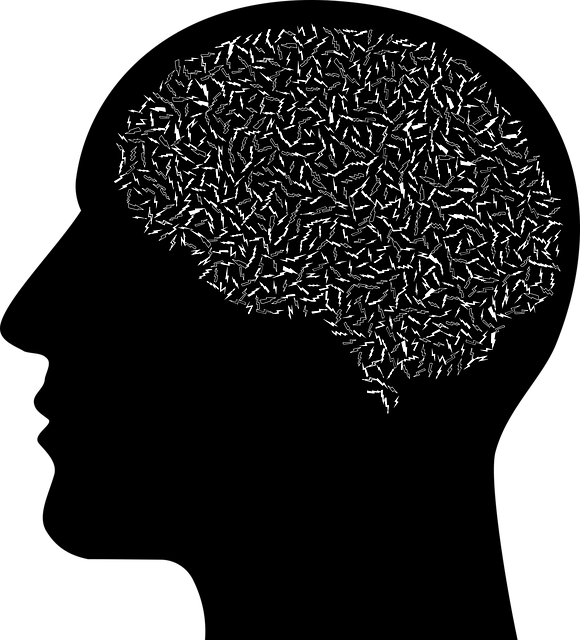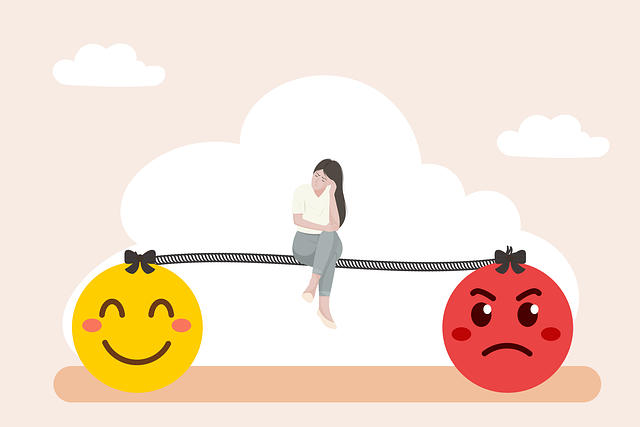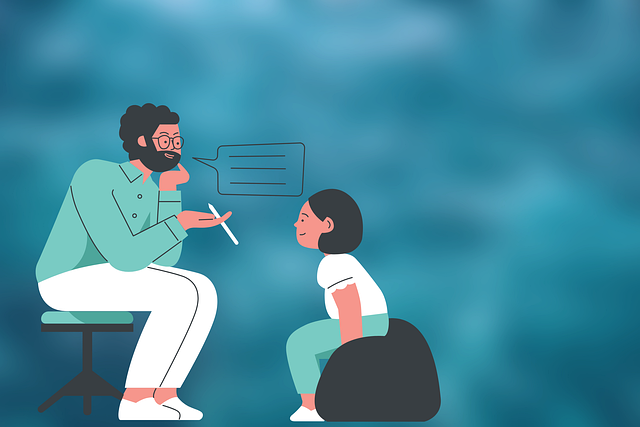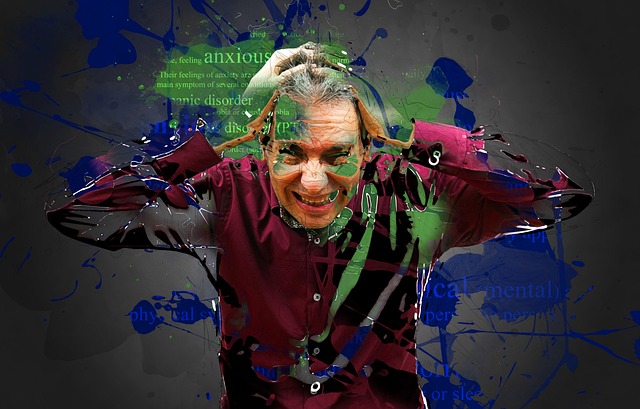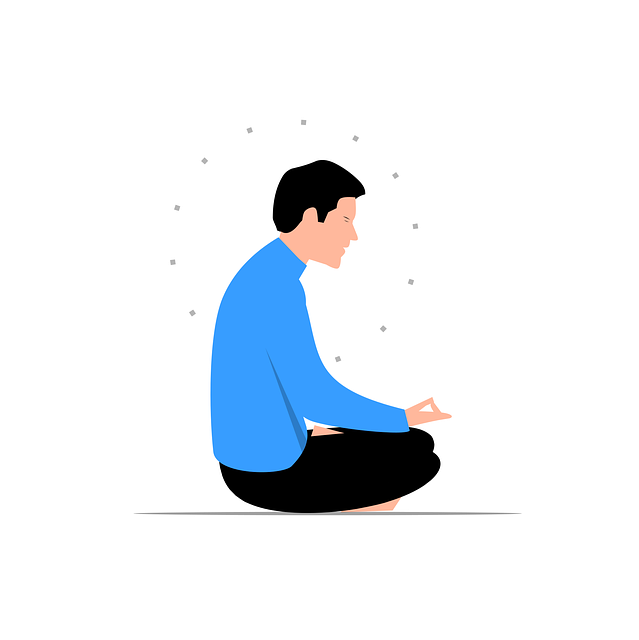Mindfulness meditation, integrated with Cognitive Behavioral Therapy (CBT), offers young adults a powerful tool to manage modern life's challenges. This ancient practice enhances emotional intelligence, fosters resilience, and improves overall well-being by reducing stress, anxiety, and depression. Guided meditations and apps make it accessible, helping individuals develop coping skills and self-awareness for better mental health outcomes. With structured approaches and patience, mindfulness can revolutionize lives, making it an essential strategy for young adults seeking therapy or alternative CBT methods.
“Unwind your mind and embrace a healthier you with the transformative power of mindfulness meditation. This comprehensive guide is tailored for young adults seeking mental clarity in today’s fast-paced world. Discover how Cognitive Behavioral Therapy (CBT) forms the backbone of this ancient practice, offering practical tools to manage stress and enhance well-being. Learn about the profound benefits of integrating mindfulness into daily life, from improved focus to better emotional regulation. Get ready to embark on a journey towards inner peace with our step-by-step meditation guidance and strategies for overcoming common challenges.”
- Understanding Mindfulness Meditation for Young Adults
- Cognitive Behavioral Therapy and Its Role in Mindfulness
- Benefits of Incorporating Mindfulness into Daily Life
- Step-by-Step Guide to Starting Your Meditation Practice
- Overcoming Challenges and Maintaining a Consistent Routine
Understanding Mindfulness Meditation for Young Adults

Mindfulness meditation has emerged as a powerful tool for young adults seeking to navigate the challenges of modern life. It involves a conscious focus on the present moment, fostering awareness of thoughts and emotions without judgment. This practice, deeply rooted in ancient wisdom, aligns with the principles of Cognitive Behavioral Therapy (CBT), a well-regarded therapy for young adults grappling with issues like anxiety relief and burnout prevention strategies for healthcare providers.
By integrating mindfulness into their daily routines, young adults can develop effective coping mechanisms, enhance emotional intelligence, and cultivate resilience. Public awareness campaigns development has played a crucial role in introducing mindfulness as a mainstream approach to mental well-being. Through guided meditations and various techniques, individuals can learn to quiet the mind, reduce stress, and improve overall quality of life, thereby fostering a healthier and more balanced future.
Cognitive Behavioral Therapy and Its Role in Mindfulness

Cognitive Behavioral Therapy (CBT) is a powerful tool that often intertwines with mindfulness practices, especially in helping young adults navigate their mental health journeys. CBT focuses on identifying and changing negative thought patterns and behaviors, which can significantly enhance one’s ability to be present and mindful. By understanding the connection between thoughts, feelings, and actions, individuals can develop more adaptive coping strategies, improving their overall well-being.
For young adults struggling with various issues such as anxiety or depression, CBT offers structured communication strategies to challenge distorted thinking. This process is crucial in fostering a sense of self-awareness and emotional regulation, which are fundamental aspects of mindfulness. Moreover, mental health professionals can utilize risk assessment techniques to ensure a safe and supportive environment during therapy sessions, allowing for the effective design of mental health education programs that promote mindfulness as a lifelong skill.
Benefits of Incorporating Mindfulness into Daily Life

Incorporating mindfulness into daily life offers a plethora of benefits, especially for young adults navigating the complexities of modern living. This ancient practice, with roots in traditional meditation, has gained significant traction due to its profound impact on mental wellness. By training the mind to be fully present and engaged in the current moment, mindfulness helps reduce stress, anxiety, and depression – common challenges faced by many young people today. It serves as a powerful tool for coping skills development, enabling individuals to better manage their emotions and reactions.
Moreover, integrating mindfulness into daily routines can lead to self-esteem improvement. As individuals become more aware of their thoughts and feelings without judgment, they develop a deeper sense of self-acceptance and compassion. This heightened self-awareness fosters healthier relationships and enhances overall life satisfaction. For those seeking therapeutic interventions, mindfulness practices complement existing therapies like Cognitive Behavioral Therapy (CBT), providing an additional layer of support for managing mental health issues effectively.
Step-by-Step Guide to Starting Your Meditation Practice

Starting your meditation practice can feel overwhelming, but with a structured approach, it becomes an accessible and powerful tool for emotional healing processes. Here’s a step-by-step guide tailored for young adults seeking therapy or alternative cognitive behavioral therapy methods. Begin by allocating just 5–10 minutes daily; find a quiet space where you won’t be disturbed. Set a specific time each day to maintain consistency, as Mind Over Matter principles emphasize the importance of routine.
Focus on your breath—inhale deeply through your nose, hold for a moment, then exhale slowly through your mouth. This simple exercise helps calm your mind and body. As you progress, introduce guided meditations or apps designed to support resilience building. Remember, meditation is not about achieving a perfect state of calm but rather cultivating awareness and acceptance of each moment as it is.
Overcoming Challenges and Maintaining a Consistent Routine

Overcoming challenges is a significant aspect of establishing and maintaining a consistent mindfulness meditation practice, especially for young adults navigating life’s complexities. Many individuals might face initial difficulties such as difficulty concentrating or managing stress during meditation. However, these can be seen as opportunities for growth rather than barriers. Cognitive Behavioral Therapy (CBT) offers valuable tools to address these challenges. By understanding the thoughts and behaviors that arise during practice, one can learn to reframe negative patterns and enhance mental flexibility, thereby deepening their meditation experience.
Consistency is key when it comes to reaping the benefits of mindfulness. Young adults should remember that developing a routine takes time and patience. Incorporating short daily meditation sessions into their lives, even just 10-15 minutes, can have profound effects on overall mental wellness. Moreover, seeking support from a qualified mental wellness coach or therapist can foster a sense of accountability and provide tailored guidance, especially when addressing challenges related to self-esteem improvement or cultural sensitivity in mental healthcare practice. Mindfulness meditation, when practiced regularly, has the potential to revolutionize one’s life, leading to improved cognitive function and enhanced emotional resilience.
Mindfulness meditation offers young adults a powerful therapy, enhancing overall well-being. By integrating cognitive behavioral techniques, individuals can navigate daily life’s challenges with greater resilience. Starting a practice may seem daunting, but with a structured approach and consistent effort, the benefits are within reach. Overcoming initial struggles and maintaining a routine is key to unlocking mindfulness’s potential, fostering mental clarity and emotional balance. Embrace this journey towards self-discovery and embrace the transformative power of mindfulness meditation.
